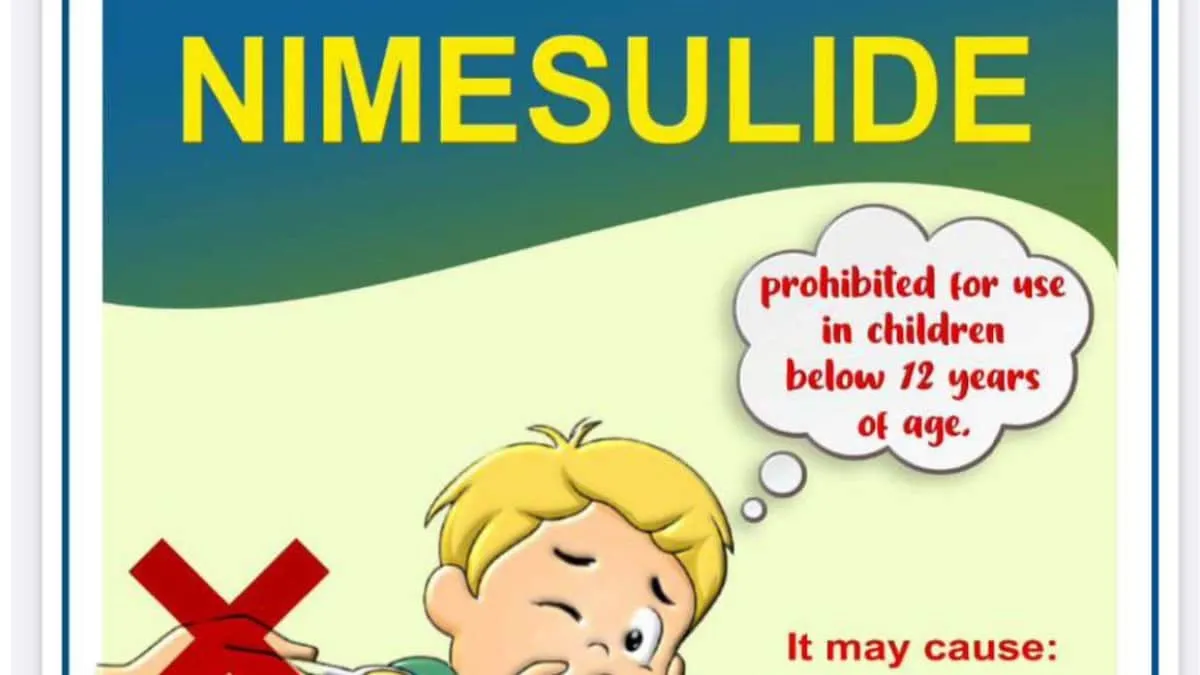Nimesulide Prescribed for Children Despite Ban; Health Officials Urge Awareness

Nimesulide: A Cautionary Tale for Pediatric Care
Nimesulide is a painkiller that has faced a ban in many countries due to its potential for severe side effects, particularly hepatotoxicity in children. The Union Health Ministry's ban on pediatric use was launched over 13 years ago, yet reports reveal that this non-steroidal anti-inflammatory drug (NSAID) is still prescribed.
Current Situation and Official Responses
The Indian Pharmacopeia Commission (IPC) is leading the charge for sensitisation among healthcare professionals to discourage the use of nimesulide for children under 12. The announcement of ongoing adverse drug reactions (ADRs) linked to nimesulide has caused alarm, prompting action from the regulatory body.
- Nimesulide’s ban dates back to 2011, yet its use continues to be documented.
- Healthcare professionals, especially in remote areas, may remain unaware of its prohibited status for children.
- The IPC urges drug manufacturers to disseminate information emphasizing pediatric safety.
Key Side Effects and Professional Opinions
Reports have indicated that nimesulide side effects in children can lead to severe health issues such as liver problems and gastrointestinal bleeding. The implications of these adverse effects are significant, as expertise is lacking in certain healthcare settings
- Gastrointestinal hemorrhage
- Liver failure
- Skin reactions such as Stevens-Johnson Syndrome
Experts underscore the importance of adhering to established medical guidelines to safeguard pediatric patients and reinforce the existing ban on this drug.
This article was prepared using information from open sources in accordance with the principles of Ethical Policy. The editorial team is not responsible for absolute accuracy, as it relies on data from the sources referenced.